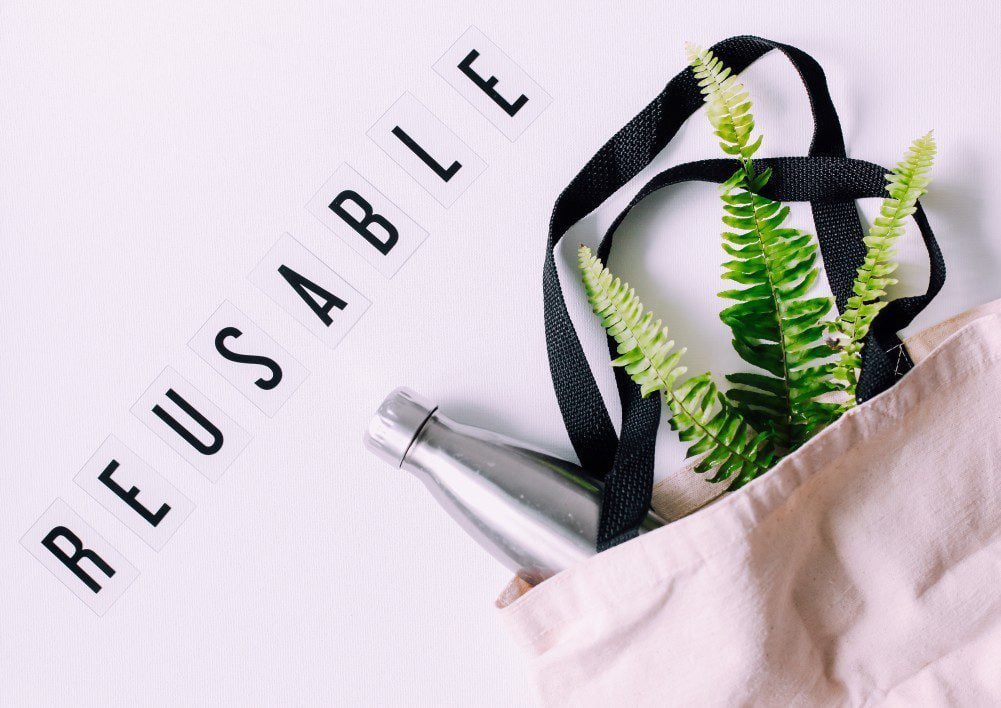We all learn about recycling in school and how it benefits the environment. But what if you want to take this lesson up a notch? Starting with the basics is great. However, there’s so much more we can do for the environment through recycling. Find out how you can start recycling more responsibly at school, at home, and in your community.


Know What You Can and Can’t Recycle
The first step to doing more responsible recycling is knowing what you can and can’t recycle in your community. Many areas have different guidelines when it comes to recycling programs. So consider doing some research on your city’s website. In general, most communities follow these guidelines:
- Do Recycle: Hard plastics, paper, cardboard, everyday metals, and glass
- Don’t Recycle: Soft plastics (such as shopping bags), Styrofoam, soiled paper products, and electronics
Recycle More Than the Basics
Encouraging paper and plastic recycling is a great first step for households and communities just starting a recycling program. However, encourage your family members and peers to recycle more than just these basic items once they form these good habits. You can start collecting plastic bags from the grocery stores and other stores to drop them off at a local collection box. You can also find drop-off and pickup centers in your area that collect electronics and other e-waste items. This is one of the best ways to recycle old electronics responsibly. While community guidelines may prohibit you from tossing these items in with the rest of your weekly recycling, taking these recyclables to specialty centers can help you do your part to cut down on this often-overlooked waste.
Clean Your Recyclables
While most recycling facilities have a washing process, machines and workers can’t initially sort recyclables properly if the items come in dirty. Washing your recyclables before tossing them into the bin is a good habit to get into as a result.
Spread the Word
If you’ve already developed these amazing recycling habits, consider sharing them with others. Encourage your family to be more responsible with recycling, start a recycling club at school, and spread the word in general. Recycling is vital for each person to learn. When we come together as a community, it can have an even more powerful impact on the environment.
Take these tips for how you can start recycling more responsibly and share them with your family and friends. With some help, you could completely change how your friend group, school, or even community recycles for the better.

